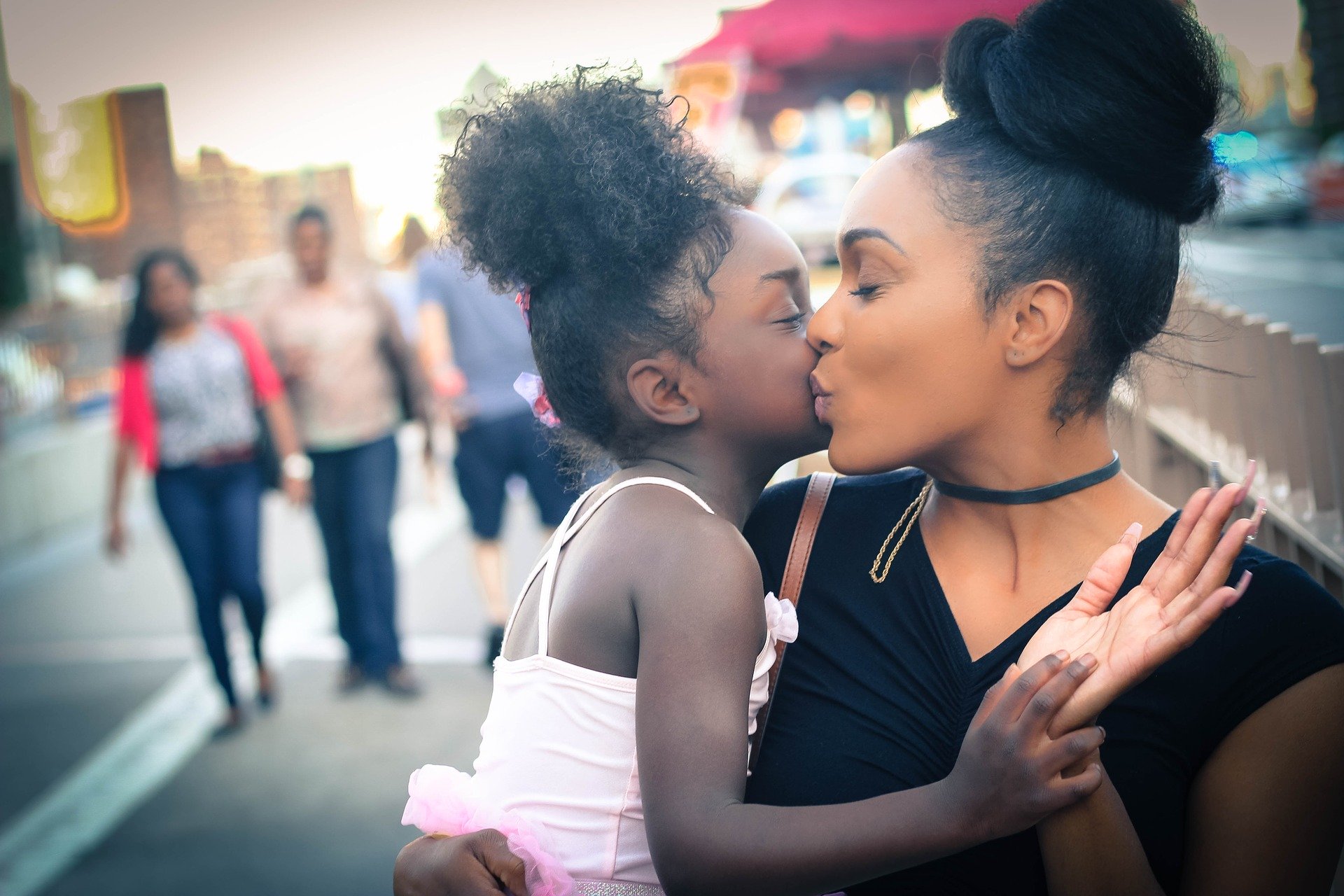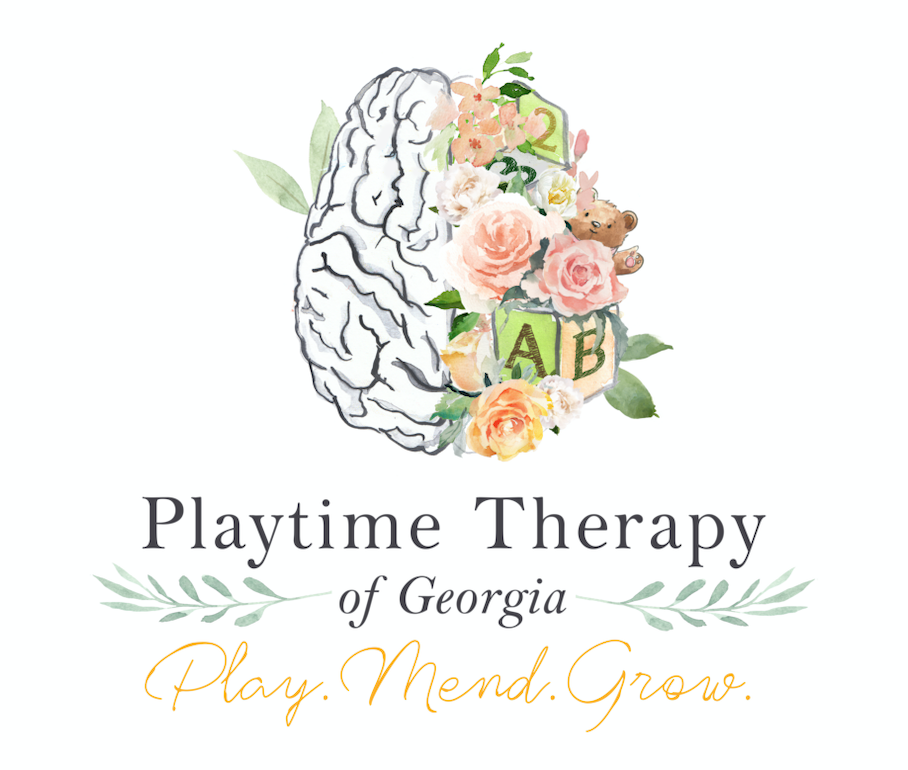
When was the last time you found yourself reflecting, genuinely enamored with, curious by, or totally engrossed in what your child is experiencing and how they are experiencing it? Reflective functioning is the ability with which a parent can understand, empathize, and experience their child’s inner world. For some parents, this comes easily when their child is discovering a new toy or sensation. For other parents, this skill is hard to tap into when their child is having a difficult moment and is dysregulated. In both joyous and difficult moments, it is important to be in touch with our own reflective functioning while parenting our child. In fact, research supports the idea of reflective functioning and parental alignment in regards to strengthening a child’s emotional resilience, the parent-child relationship, and building a child’s ability to engage in emotional regulation (Camoirano, 2017). Furthermore, a parent’s reflective functioning also impacts their attachment relationship with their child (Slade et al., 2005).
How to grow reflective awareness:
Some questions you may ask yourself are: Am I parenting in this moment based off of my child’s needs or my own needs? Is my child dysregulating me? Where do I feel my emotions in my body in this moment? What is dysregulating my child in this moment? How can I regulate myself so that I can regulate my child? You may even question larger influences in your life such as religion, culture, environmental, and regional impacts on your life and your parenting approach. The key is giving yourself a lot of grace, patience, and humility as you build your own reflective awareness.
A simple guide: m.o.r.e. l.o.v.e.
There are many models that provide a framework for reflective functioning. I have been influenced by many of them, both professionally and personally. Here I am briefly sharing two acronyms I have created to help both myself and the families I work with in my clinical and supportive roles. As parents, we are looking for moments of relational engagement (m.o.r.e.) where we can practice l.o.v.e. (see below). This is the foundation for each of our experiences.
Our children provide us with so many opportunities to connect and reflect. We call these m.o.r.e. moments: Moments of Relational Engagement. These moments can happen anytime during the entire spectrum of emotion, from really difficult, “hard to be present with” emotions to exciting, overwhelmingly positive emotions. During these moments, we strive to practice l.o.v.e.:
Label the emotion. -> builds parent’s emotional awareness of child’s experience
Observe the actions. -> helps parent and child build narrative around events
Validate the experience. -> lets child know you are trying to understand their experience
Engage with co-regulation. -> teaches child how to organize and process emotions
The reason I created this acronym is because it highlights the steps leading up to the ultimate goal of co-regulation. By following the steps of labeling, observing, and validating, we can more easily and naturally arrive at co-regulation (it takes a lot of practice, though). The skill of regulation is primarily learned through mutual moments of regulation with one another. Children are not born with the ability to regulate themselves. This is incredibly frustrating for many parents, as it requires a lot of patience and intention during really difficult moments. However, when co-regulation is achieved, it helps the child’s brain form the proper neural pathways to organize emotions. This type of experience leads a child to feel connected, respected, and understood.
As always, if you have questions, please reach out to me! I’m more than happy to help you engage in co-regulation with your child. Every family is different and all children have different needs, but building your own reflective functioning will greatly improve your ability to support your child.
References:
Camoirano A (2017) Mentalizing Makes Parenting Work: A Review about Parental Reflective Functioning and Clinical Interventions to Improve It. Front. Psychol. 8:14. doi: 10.3389/fpsyg.2017.00014.
Slade, A., Grienenberger, J., Bernbach, E., Levy, D., & Locker, A. (2005). Maternal reflective functioning, attachment, and the transmission gap: A preliminary study. Attachment & Human Development, 7(3), 283-298.

